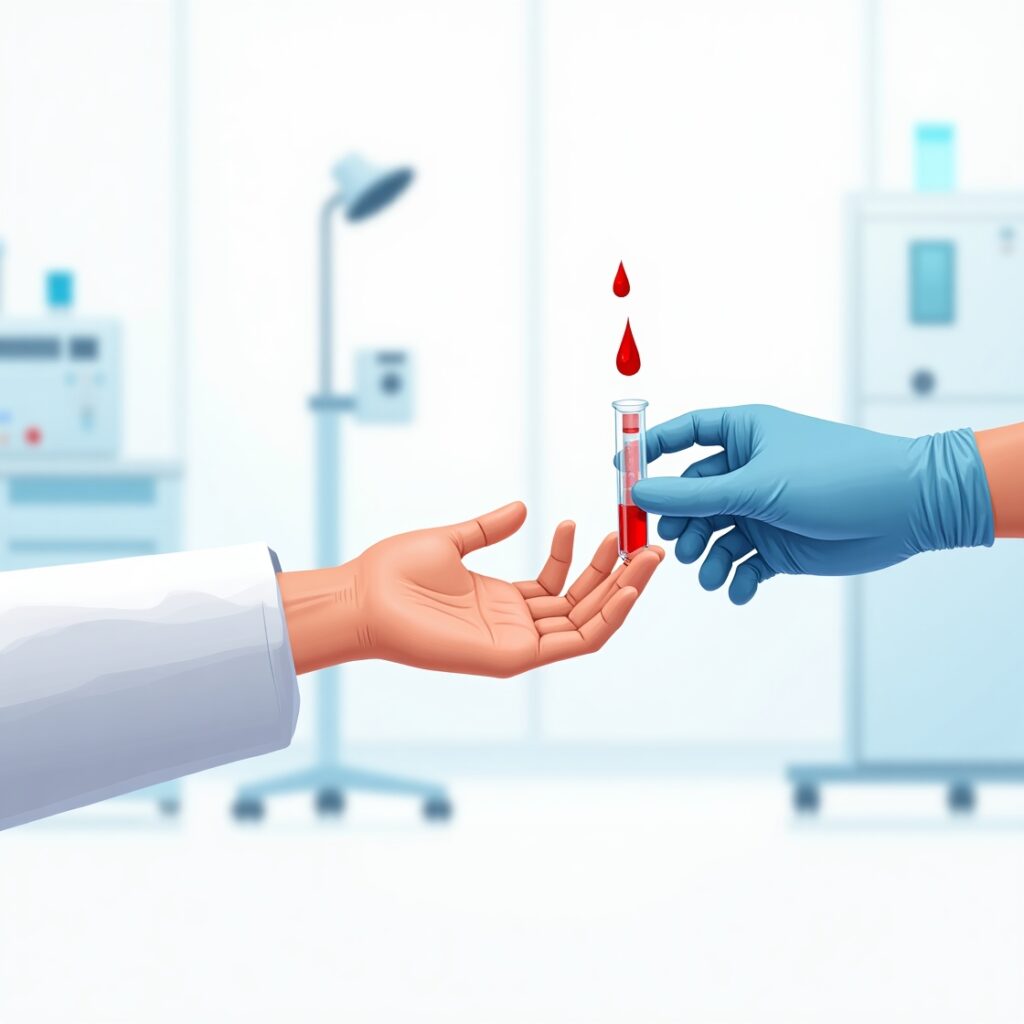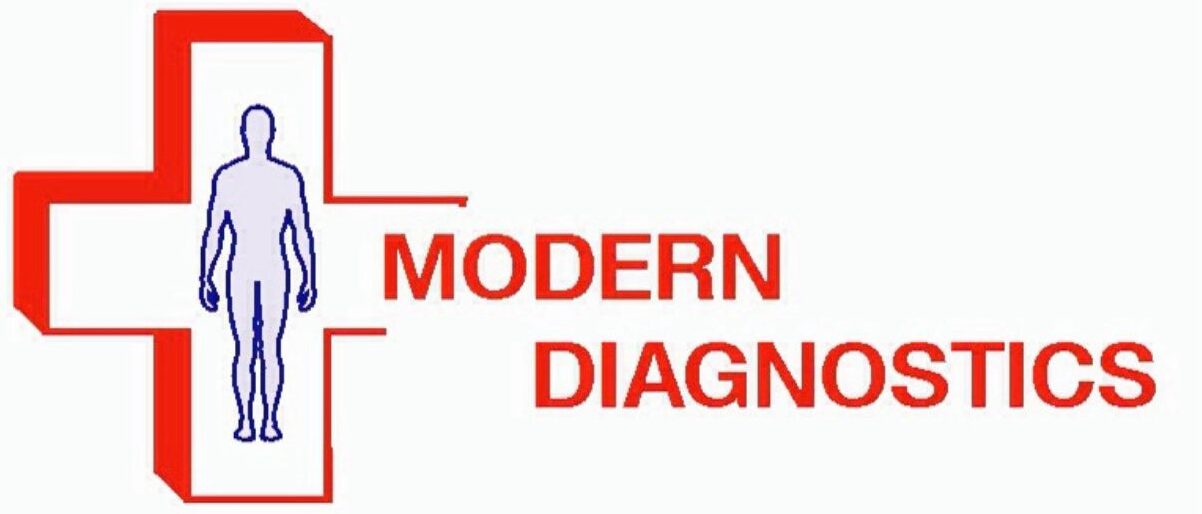
In today’s fast-paced world, staying on top of our health has become more important than ever. One of the most accessible and informative tools for monitoring well-being is the blood test. Whether as a routine check-up or a diagnostic tool, blood tests offer vital insights into our body’s functioning, often revealing early signs of disease long before symptoms appear. This post explores the numerous benefits of blood tests and why every individual should consider incorporating them into their healthcare routine.
1. Early Detection of Diseases
One of the most critical benefits of blood tests is the ability to detect diseases at an early stage. Conditions such as diabetes, high cholesterol, liver and kidney disorders, anemia, thyroid dysfunction, and even certain cancers can be identified through routine blood work. Early detection leads to early intervention, which significantly improves treatment outcomes and can even save lives.
For instance, a Complete Blood Count (CBC) test can detect anemia or infection, while a Comprehensive Metabolic Panel (CMP) gives insights into liver and kidney function, blood sugar levels, and electrolyte balance. When abnormalities are caught early, lifestyle changes or medications can be prescribed before the condition becomes severe.
2. Monitoring Overall Health
Even in the absence of symptoms, blood tests serve as a snapshot of overall health. Doctors often recommend annual or bi-annual blood tests to assess how well the body is functioning and to establish a health baseline. Regular testing can track changes over time, allowing individuals and healthcare providers to make informed decisions about diet, exercise, and medications.
3. Assessing Organ Function
Your organs work continuously to keep your body functioning. Blood tests can evaluate how well your organs are performing. For example:
- Liver Function Tests (LFTs): Check for enzymes and proteins that indicate liver health.
- Renal Function Tests: Evaluate how well your kidneys filter waste.
- Cardiac Enzymes: Detect heart damage or stress, often used after suspected heart attacks.
Regular monitoring can identify issues before they lead to more serious conditions like liver failure or chronic kidney disease.
4. Diagnosing Nutritional Deficiencies
Fatigue, hair loss, brittle nails, or mood swings might not always be just stress-related. These symptoms often arise due to nutritional deficiencies. Blood tests can measure levels of essential nutrients like:
- Iron
- Vitamin B12
- Vitamin D
- Calcium
- Magnesium
- Folate
Addressing these deficiencies through diet or supplements can dramatically improve quality of life.
5. Evaluating Hormonal Balance
Hormones regulate critical body processes including metabolism, mood, reproductive health, and sleep. Hormonal imbalances can cause a wide array of issues like weight gain, depression, fatigue, or infertility. Blood tests help assess levels of:
- Thyroid hormones (TSH, T3, T4)
- Estrogen and progesterone
- Testosterone
- Cortisol
- Insulin
Once identified, these imbalances can be managed effectively through medical intervention.
6. Tracking Chronic Conditions
For individuals with chronic illnesses such as diabetes, hypertension, or autoimmune diseases, blood tests are crucial in monitoring the progression of the condition and the effectiveness of treatment plans. For example, HbA1c tests give a three-month average of blood glucose levels, helping manage diabetes more effectively. Similarly, lipid panels help monitor cholesterol levels in people at risk of cardiovascular disease.
7. Ensuring Medication Effectiveness and Safety
Certain medications can impact organs like the liver or kidneys or alter blood cell counts. Blood tests can monitor for potential side effects and ensure the dosage remains safe and effective. This is especially important for individuals on long-term medication regimens, such as:
- Blood thinners
- Chemotherapy
- Anti-seizure drugs
- Hormone therapies
8. Detecting Infections and Immune System Health
A blood test can quickly indicate if there’s an infection in the body by showing elevated white blood cell counts or markers of inflammation like C-reactive protein (CRP). Moreover, specialized tests can assess immune response and determine if someone has been exposed to certain viruses, bacteria, or allergens.
9. Personalized Health and Genetic Insights
With advancements in genetic testing and personalized medicine, blood tests can now offer deeper insights into an individual’s unique health risks and traits. Tests like genetic screening for hereditary diseases, cancer markers, or predisposition to conditions like Alzheimer’s or heart disease are becoming more accessible. This allows for highly personalized prevention strategies.
10. Peace of Mind and Preventive Care
Finally, one of the most underrated benefits of blood testing is the peace of mind it offers. Knowing that your body is functioning well, or that you’re actively managing any abnormalities, reduces anxiety and empowers individuals to take control of their health. Preventive care is always more effective and less costly than treatment after a diagnosis.
Tips for Getting the Most Out of Blood Tests
- Be honest with your doctor about symptoms or concerns.
- Follow pre-test instructions (e.g., fasting).
- Schedule tests regularly, especially if you have risk factors or chronic conditions.
- Keep copies of your results to track trends over time.
- Act on the results with your doctor’s guidance.
Conclusion
Blood tests are an incredibly powerful tool in modern medicine. They offer early warnings, guide treatment, track progress, and provide deep insights into nearly every aspect of health. For individuals looking to lead longer, healthier lives, incorporating regular blood tests into their wellness routine is a proactive, smart, and often life-saving step. Whether you feel perfectly healthy or have specific concerns, the next time your doctor suggests a blood test, remember – it’s more than just a prick; it’s a gateway to understanding your body’s inner workings.
Your blood holds the secrets to your health. Unlock them with regular testing and informed care.

